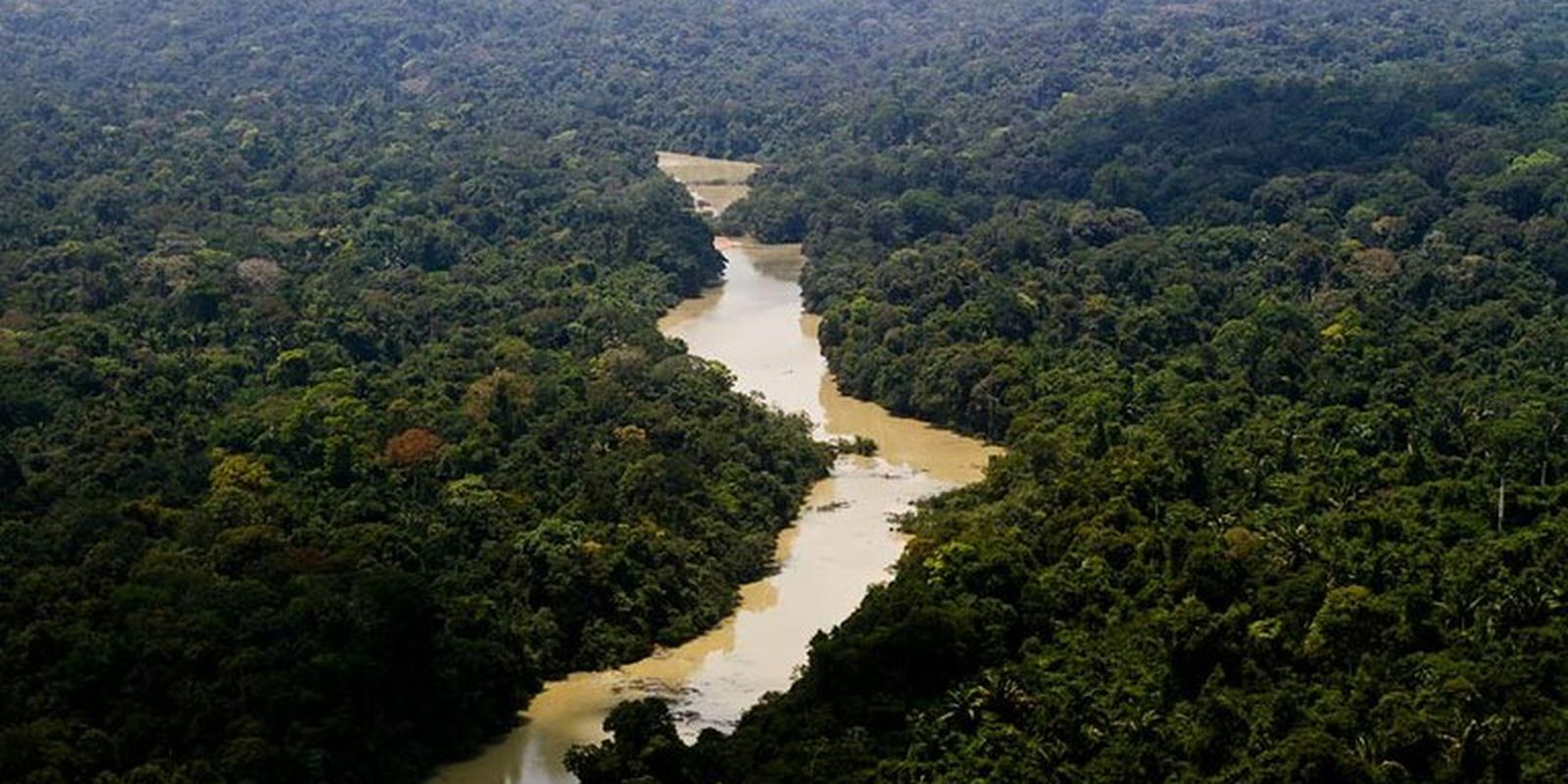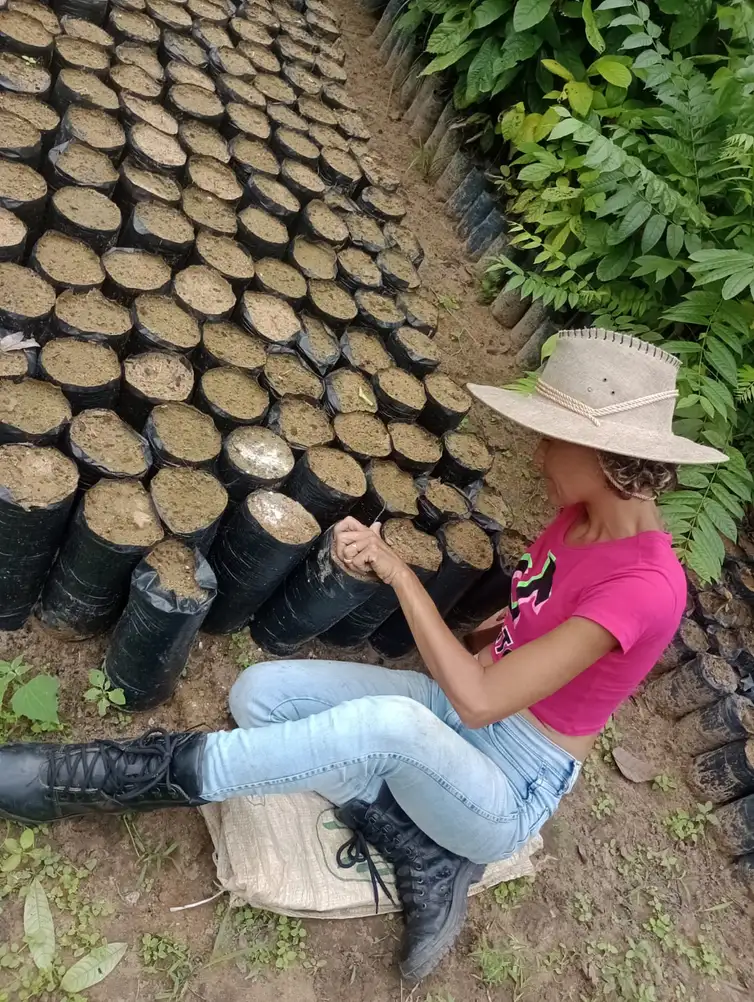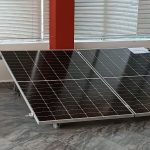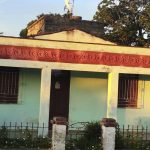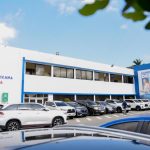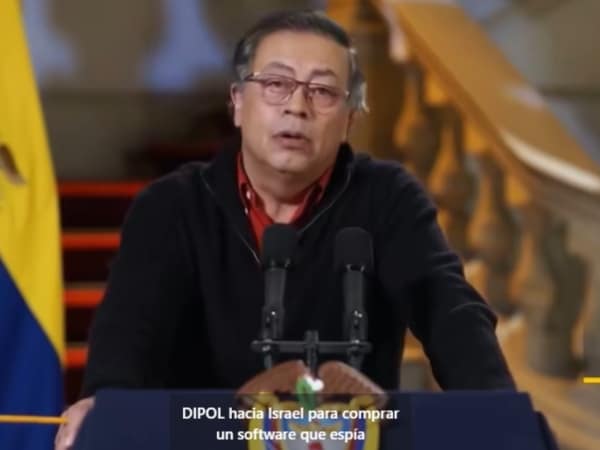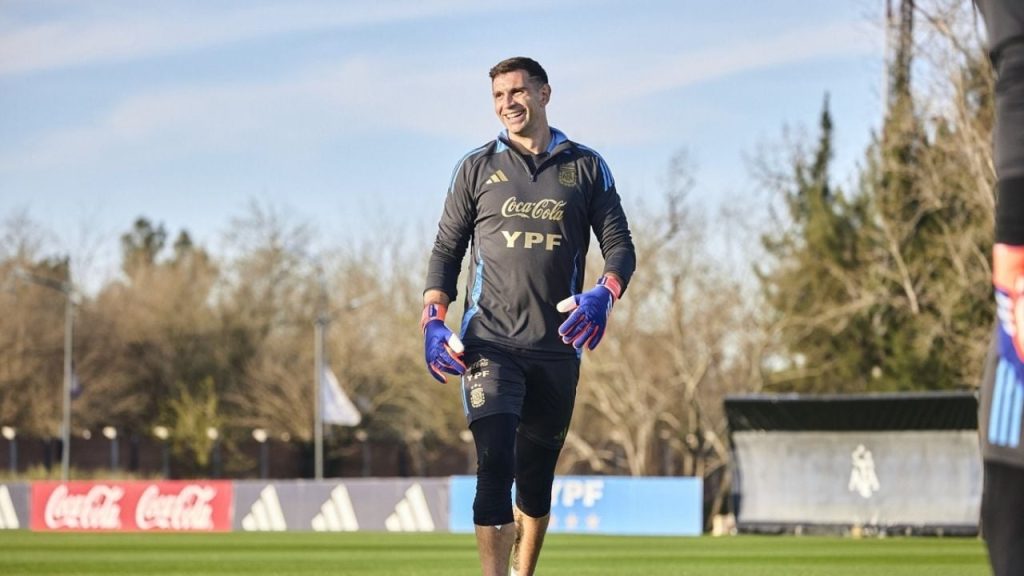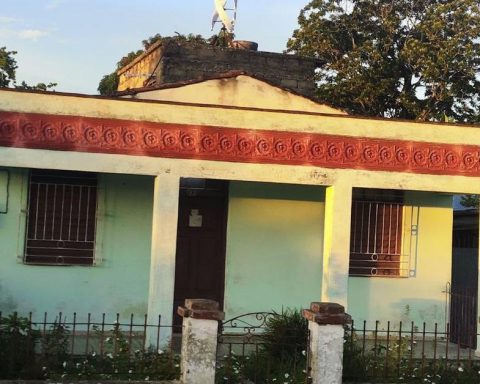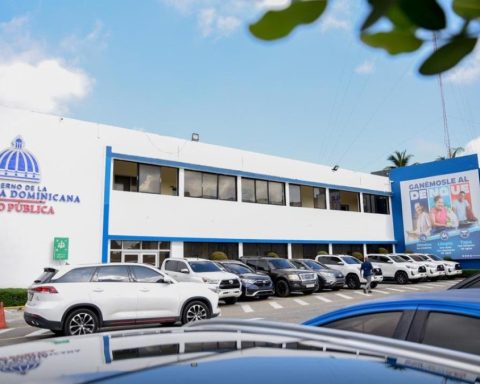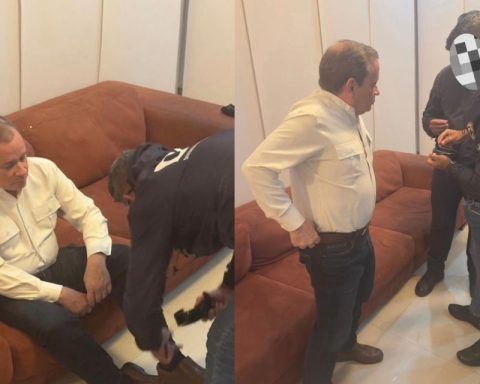In the western region of Pará, in the municipalities of Belterra, Itaituba, Mojuí dos Campos and Trairão, families are promoting a transformation in the environment in which they live by restoring native vegetation on their properties. On this September 5th, Amazon Day, learn about the project that produces food, new seedlings, seeds and also generates income through the Agroforestry Systems (SAFs) model.
Known as Sanda, farmer Rosângela Silva Pereira, who lives in Trairão, planted around 200 seedlings in her backyard and on the farm near where she lives. She says that the movement was motivated by two major projects, one that created a collective nursery in the community, and another that trained families to produce food and trees from the Amazon.
“Here, the devastation was very great, so we received some seedlings and we collected the seeds from others here, so each SAF planted 180 to 200 intercropped seedlings. There are fruit trees, forest timber and also cassava, watermelon, pumpkin and other short-cycle crops”, he explains.
The training and structuring of SAFs are part of the Amazon Rainforest Restoration Project in Tapajós, which aims to establish a network of seed banks and forest nurseries to supply the region with native species. The seedlings of açaí, cupuaçu, cocoa, andiroba, cedar, copaíba, soursop, acerola, ipê, jacaranda and annatto will be used both to generate income by selling to other parties interested in the model and to restore permanent preservation areas.
While in Trairão, families opted to strengthen the production of the existing nursery, in Mojuí dos Campos, Suelen Costa Feitosa planted more than 500 seedlings on her property, where she prioritized cupuaçu to strengthen the production of chocolate with the almond of the regional fruit. She says that the project made it possible to improve the quality of the planting and also to install a collective nursery with capacity for 20 thousand seedlings.
“We already had random crops, which we call productive backyards, but now we have started working with SAFs, whose main objective is to restore the environment. Since we work with agriculture, we chose to plant products that also bring us income,” he argues.
Technical assistance
The initiative is the result of a real task force with implementation – promoted by the non-governmental organization Conservation International (CI-Brazil) – and technical assistance provided by the Amazon Environmental Research Institute (Ipam).
The participating farmers were identified and mobilized by farmers’ associations and participated in a course organized by the Forest Seed Laboratory of the Federal University of Western Pará (Ufopa).
The project went through three phases: training, creation or improvement of seed banks and nurseries, and the recovery of deforested areas through SAFs or Natural Regeneration.
The training covered topics ranging from scientific knowledge about native species to production processing, drying, storage and legal aspects, as well as knowledge about seedling production, seed collection areas and forest nurseries.
To reduce losses during planting, farmers also received knowledge about substrate enrichment, adjustments to the irrigation system and the use of tools such as GPS for georeferencing mother trees, for example.
CI Brasil project coordinator Maria Farias notes that Restaura Tapajós aims for socio-environmental and productive sustainability, through the combination of crops with forest conservation.
“This revitalizes all biodiversity and promotes healthier soils; with more forests we have greater carbon sequestration and this can generate new sources of income for communities. This improves food security, reduces pressure on native forests and also favors work towards a more productive format and a more resilient rural life,” he says.
The restoration project reached 100 families in Belterra, Itaituba, Mojuí dos Campos and Trairão. Participants were also able to visit models of SAFs in Tomé-Açu, where they learned about techniques capable of improving the development and resistance of plants, generating a greater quantity of fruits and higher quality, which allows for an improvement in income. The groups were also able to understand, in practice, the importance of allocating an area for restoration purposes and another for natural regeneration with enrichment, enabling a natural balance that benefits the entire system.
The SAFs, nurseries and seed banks were implemented, transforming the traditional way of producing in the region. Right at the beginning of the project, the first challenge arose after planting seedlings. With the more intense drought in 2023, many families lost part of their crops, but technical assistance allowed the project to continue.
“The technicians who came to assist us are still volunteering, they are great partners. When we have any questions about our area, we get in touch and they give us tips and study our cases through videos and photos,” says Suelen.
Losses
Even with the decrease in deforestation in the last two years, the Amazon lost the equivalent of a thousand football fields per day between August 2023 and July 2024, totaling 349 thousand hectares, according to the Deforestation Alert System (SAD), of the Amazon Institute of Man and Environment (Imazon). The affected area represents a reduction of 46% compared to the same period of the previous year, but, in the months of June and July of this year – compared to 2023 – there was an increase of 29% in July and 10% in June.
Maria Farias reinforces the importance of advancing the recovery of native biomes, adding technologies that can allow adaptation in productivity.
“We know that not everything is perfect, climate change is here and has been generating major negative impacts, especially the drought of 2023 that decimated a large part of the plantations, leaving us with a lesson on the importance of continuing this restoration model, however, adapting irrigation technologies so that the SAFs are consolidated in a sustainable way”, he maintains.
The advances and setbacks hinder progress towards Brazil’s goal of eliminating two factors that strongly drive climate change: deforestation and environmental liabilities in relation to the Forest Code.
“We know that reforestation is necessary to ensure a quality climate. There is a huge demand for a variety of seeds in sufficient quantity. This is a major bottleneck that needs to be considered. To achieve this, it is necessary to consolidate the Tapajós seed network,” says Maria Farias.
For her, in addition to promoting the integration of regional networks, it is even more important to provide training, involve governments and private sector projects, and provide credit and technical assistance. “All this with attention to both forest seeds and those used to combat hunger, which provide nutritional and food security for families, while always respecting the way of life of our populations,” she concludes.
